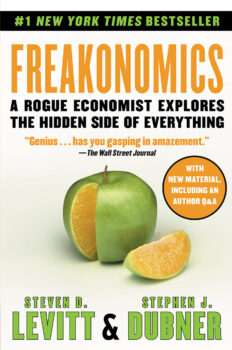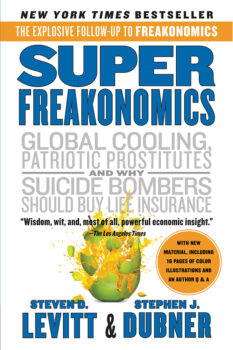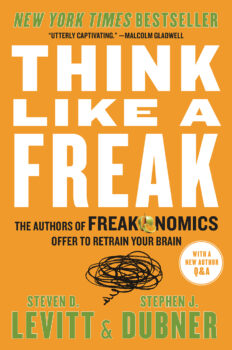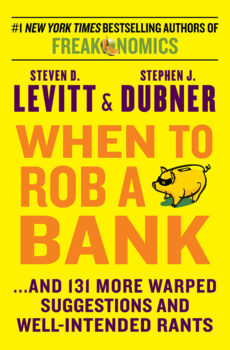To Dim the Headlights or Not to Dim: What's in It for Me?
A reader named Linda Cass asks an interesting question that pokes into the self-interest/fairness/altruism area we’ve been writing about lately: Why do 99% of people dim their headlights for oncoming vehicles?




